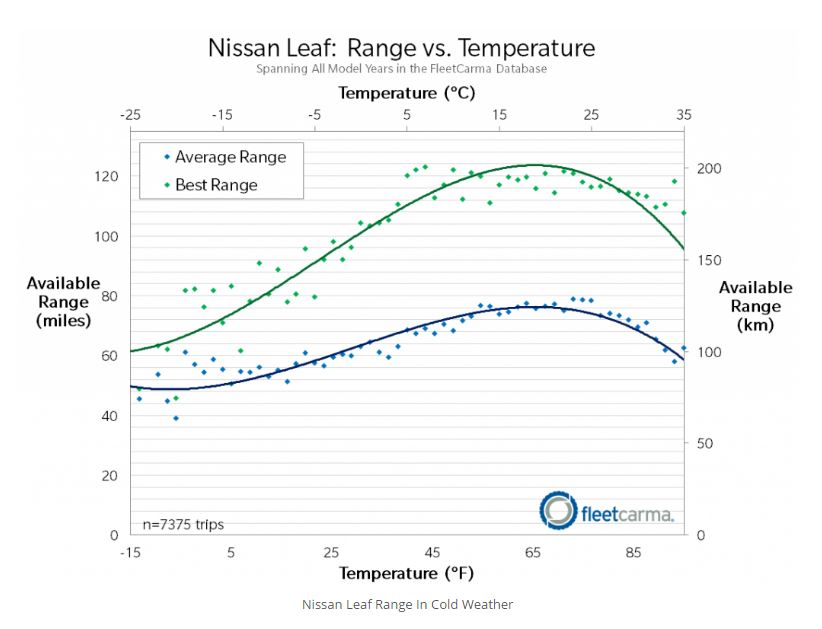oilerlord
Well-known member
DucRider said:Just as a point of reference, cars.com lists cars that are In transit as well as those that are in dealer inventory but spoken for/sold.
I haven't figured out exactly where they get their numbers, but it appears they harvest the manufacturer and/or dealer inventory info from the web. The results are variable. As we have seen from previous threads, a car showing in inventory at a a particular dealer may not have arrived at the dealer or may already be sold.
And as to "Is 124 miles enough"? For most the answer will be yes - with conditions.
The biggest market for (and best use of) an EV is as a commuter car (with another vehicle available). 89% of US commutes are <=30 miles each way (60 miles round trip). 77% are <=20 miles (40 RT). The Bolts range of 238 miles would probably cover 99% of all commutes. Ironically, the longer your commute (both time and distance), the more sense an EV makes. The added cost of an EV is recovered quicker with lots of miles due to it's lower operational costs.
Commute data source (as of March 2016) http://www.statisticbrain.com/commute-statistics/
In all but extremely frigid climates, 124 miles of range should provide plenty of range for the majority of commuters with allowance for some battery degradation, side trips, and a decent "range anxiety" buffer (size of the buffer needed decreases with experience and will likely be a wash with battery degradation)
The biggest barrier is lack of awareness, with rampant disinformation a strong runner up.
All fair points.
To your point "The added cost of an EV is recovered quicker with lots of miles due to it's lower operational costs." the key words are "lots of miles".
On another thread, I added up the cost of premium gasoline, and ICE specific (fuel pump, timing belt, oil changes, etc) maintenance on my Audi over the course of 100,000 miles. It came out to about $25,000 vs about $2500 in electricity with my B250e at 0.08 per kWh including poco delivery fees & taxes. Anyone "could" recover the added cost of their EV with miles driven - but since the majority of them are leased, they probably aren't going to see 50,000, much less 100,000 miles in 3 years. I bought my car used, and fully intend to test the limits of the 6-year / 100,000 mile battery warranty.
The combination of my car's depreciated price and future high miles may give my EV a chance at paying for itself. Notwithstanding giveaway leases on certain EV's, I think the second owners of highly depreciated Bolts and Ioniq's that drive them for "lots of miles" are well positioned to have their EV's pay for themselves too.














